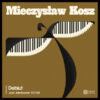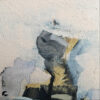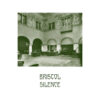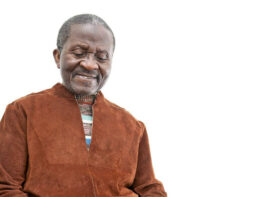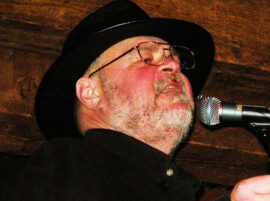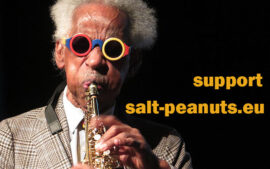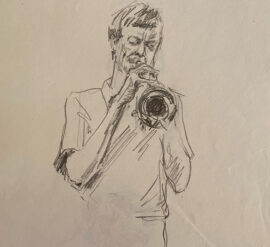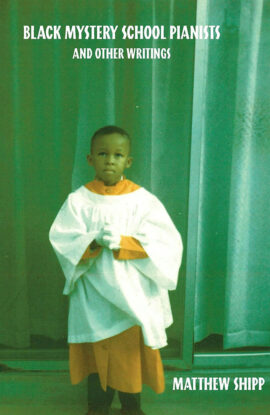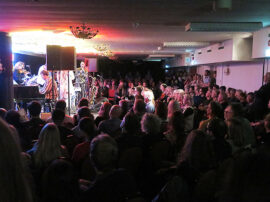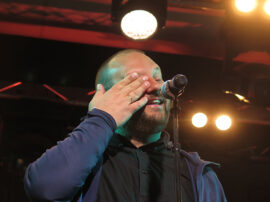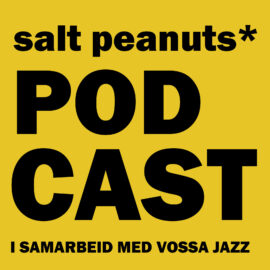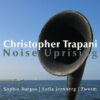
The book Noise Uprising: The Audiopolitics of a World Musical Revolution (Verso, 2015) by the Professor of American Studies at Yale University Michael Denning, chronicled the explosion of recordings that took place in the late 1920s in subjugated and dirty but vibrant port cities around the globe. The historical, scratchy 78 rpm records of that era were the not-so-silent witnesses of the birth of son, jazz, samba, rembetiko, fado and tango before American popular music became so dominant. These recordings serve as a kind of B-side of music history, a people’s history of music-making outside of the cultural capitals driven by the bustling marketplaces of colonial port cities.
This book inspired American, New Orleans-based contemporary composer Christopher Trapani to write a new song cycle that would be a polystylistic atlas, using field recordings that were made on-site in the cities where the 78 rpm records originated, and imagine cross-cultural, alternative histories, fictive encounters and cross-pollinations between styles which in reality may never have intersected such as gamelan meets tango, or fado meets samba. Noise Uprising, according to Trapani, is «a celebration of the underdog», bridging the past and present, reinterpreting historical soundscapes through modern technology, with a wide range of guitars, analog effects, and archival recordings.
American music researcher and reissue record producer Ian Nagoski, who wrote the liner notes, finds in this song cycle echoes of the humanist Universalism of Alan Hovhaness, Ornette Coleman’s call to «remove the caste system from sound», Harry Partch’s expansive, originalist approach to tuning and de-specialization of performer-creators, and the synthesizing of the vernacular and the structural by Anthony Braxton and Sun Ra. Trapani explains this song cycle with a quote from American novelist Thomas Pynchon who wrote: «If it is not the world, it is what the world might be with a minor adjustment or two».
The double album Noise Uprising, with the emotional, moving delivery of Puerto Rican-American soprano Sophia Burgos and Swedish-Ethiopian vocalist Sofia Jernberg, and the commanding, resourceful playing of the Belgian electric guitar quartet Zwerm (that has worked before with Fred Frith and Stephen O’Malley) and Trapani (playing guitars in all its possible, plucked variations), suggests subtle, layered connections between geographically distant genres. Trapani explains the guitar’s central role because it is «a universal emblem of popular music» and its late entry to the classical circuit.
But, Trapani’s aim is more ambitious. This song cycle questions notions of cultural appropriation and authenticity, challenges rather than romanticizes notions of the exotic and draws attention to the dangers of «overtourism» and the unreflective, superficial consumption of place. Noise Uprising offers a thoughtful and inspiring puzzle of surprising connections and inspirations, all weaved into a timeless and highly immersive listening experience, resonant with a possible, closer, better and peaceful world. Trapani suggests another way of understanding the priorities of Noise Uprising by noting the powerful places that were skipped over (New York, London, Paris, Tokyo, Berlin) in favor of crumbling Clarksdale, chaotic Mumbai, and his hometown «dear old, defeated New Orleans».
This beautiful album comes with extensive liner notes, including by Trapani, and the original lyrics.
Eyal Hareuveni
Sophia Burgos (vocals, dictaphone), Sofia Jernberg (vocals, dictaphone), Zwerm: Kobe Van Cauwenberghe (electric guitar, parlour guitar, ukulele, saz bağlama, def, tambourine, mbira, claves, cowbell, quarter-tone shruti box, small thai gong, hand claps), Toon Callier (banjo guitar, classical guitar, Spanish guitar, baritone guitar, guembri, dan bau, cümbüş, shakers), Johannes Westendorp (Strohviol, microtonal Telecaster with Gizmotron, retuned zither, backing vocals, glass bottle), Christopher Trapani (lap steel guitar, resonator guitar, Gizmo Telecaster, omnichord, melodica, mandole, shaker, rugalator, tin box, darbuka, hand claps, backing vocals)



